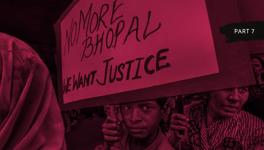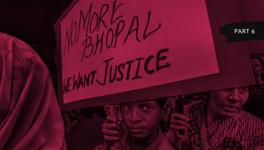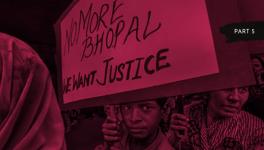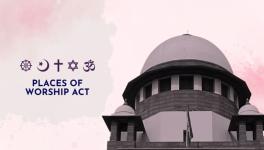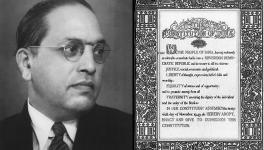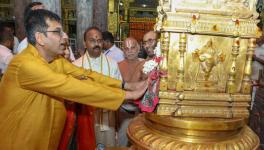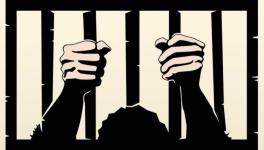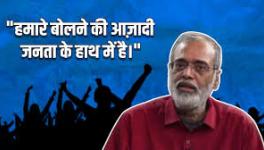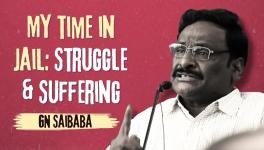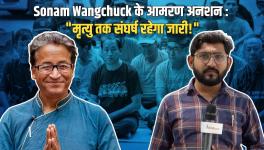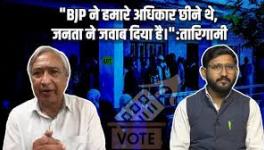Love Is For Everyone- Supreme Court Strikes Down Section 377
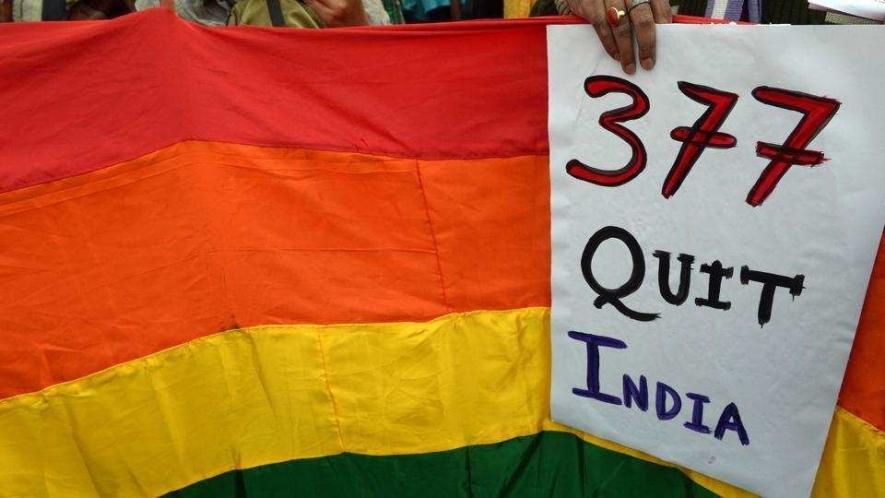
“I have been waiting for this with baited breath, I am overwhelmed beyond words and I don't know what to say,” said Debottam, from IIT Delhi, who was one of the 20 young petitioners fighting to decriminalise same-sex relationships in the country.
Amidst celebrations, Neel Sengupta, from the Ambedkar University queer collective said, “I am thrilled for me and my queer friends. This verdict is historical.”
The morning of September 6 will go down in history as the day when India finally came to the right side of history. A four-judge bench of the Supreme Court comprising of Justice RF Nariman, AM Khanwilkar, DY Chandrachud and Indu Malhotra, along with Chief Justice Dipak Mishra, pronounced four separate judgements and one unanimous decision. The court held that “Constitutional morality and not societal morality will decide the validity of Section 377. Section 377 is unconstitutional. LGBT community has the full set of rights under the Constitution.” The bench added, “Majoritarian views and popular views cannot dictate constitutional rights. LGBT community possesses human rights like all other sections of society. Equality is essence of constitution. 377 is arbitrary.”
While pronouncing the judgement some key points were highlighted, The court made it clear that, “History owes an apology to people who were persecuted by section 377”. Adding to this statement by Indu Malhotra, Justice Chandrachud also stated that, “While it may be difficult to right a wrong (committed) by history we can set the course for the future.”
Today’s verdict has come in as a significant turning point for people belonging to the LGBT community in the country, as the judgement goes beyond mere decriminalisation but also points towards a life of dignity and respect for the members of the community.
Speaking with NewsClick, Debottam mentioned that, “This also has to do with the sheer amount of violence, stigma and fear that I have had to live with as a queer person.” Today’s judgement also made it clear that the focus must now be shifted to an overarching understanding of the rights of the community and the individual’s autonomy.
The battle to decriminalise same sex relations has been an ongoing one, with many twists and turns. The latest legal attempt was made in May 2018, when a group of over 20 IIT students had filed writ petitions in the Supreme Court. Reacting to the judgement, Tanveen, a student from IIT said, “Being from the LGBT community, one has always felt like an anomaly and now that is set to change.” In a press conference held this afternoon, Ashok Rau Kavi, one of the first petitioners in the Supreme Court stated, “This is just the beginning, there is a long long way to go to put an end to stigma and to draw social change.”
The long legal battle that seems to have finally culminated was started in 2001, with a petition by the Naz Foundation. Earlier in 2009, the Delhi High Court had repealed section 377 by stating that it was a violation of the basic human rights of a person, however, this judgement was overturned by the Supreme Court later by the end of 2012 on the grounds that the LGBTQ community represented only a small section of the country’s population. After which, fresh petitions were filed in the Supreme Court by famous personalities such as chef Ritu Dalmia, Bharatnatyam performer Navtej Johar, CEO of the Lalit group Keshav Suri, and others.
The privacy judgement of 2017 was instrumental in paving the way for the judgement of today. Rau Kavi added, “We have shown that we are not a minuscule section of people, we are people with human rights and privacy and we must be respected.” While reading out the judgement Justice Chandrachud added, “The denial of the right to one’s sexual orientation is akin to the denial of one’s right to privacy.”
For the first time, the court also explicitly made it clear that homosexuality is not a mental disorder. This came in after the Indian Psychiatric Society stated the same in June 2018. Rights based issues for the community will also be discussed further as the scope of the judgement comes out in full.
Amidst the celebrations across the country, however, some questions still remain. Although same sex relationships have been decriminalised, it is important to note that this does not take into its ambit some basic civil liberties such as marriage equality, property rights, and child adoption. Neel Sengupta added, “Now all my attention will be shifted to the rights we can enjoy. This is only the beginning of it, a lot more work is needed.” Nevertheless, today has been a historic day for India as it does away with the legacy of the draconian British law to make way for an inclusive society.
Get the latest reports & analysis with people's perspective on Protests, movements & deep analytical videos, discussions of the current affairs in your Telegram app. Subscribe to NewsClick's Telegram channel & get Real-Time updates on stories, as they get published on our website.










